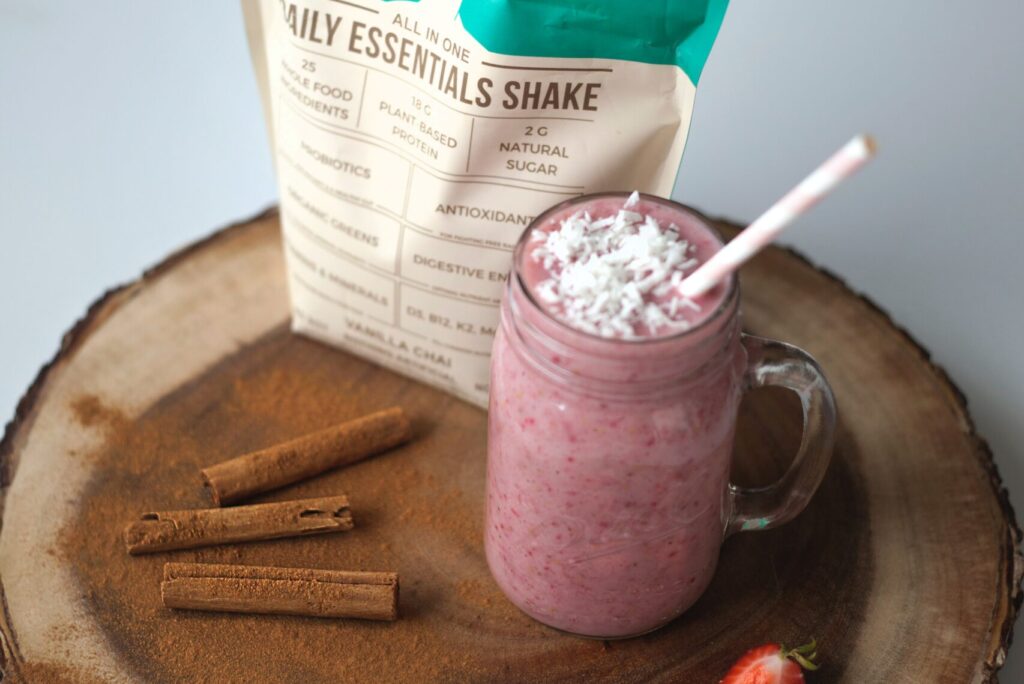Transitioning to a plant-based diet doesn’t mean compromising on protein intake. Plant-based proteins can offer all the essential amino acids your body needs, along with additional health benefits like fibre, vitamins, and minerals. This guide will explore a variety of plant-based protein sources, ensuring that your diet is both nutritious and satisfying.
1. Legumes:
Legumes, including beans, lentils, and chickpeas, are at the heart of plant-based protein sources. A cup of cooked lentils, for example, provides about 18 grams of protein, along with significant amounts of fibre, iron, and folate. Incorporate them into soups, salads, or as a base for veggie burgers.
2. Tofu and Tempeh:
Derived from soybeans, tofu and tempeh are versatile and nutrient-dense options. Tofu can take on any flavor, making it perfect for a wide range of dishes, from stir-fries to smoothies. Tempeh, fermented and with a nuttier taste, offers about 20 grams of protein per serving, along with probiotics for gut health.
3. Quinoa:
Quinoa is a complete protein, meaning it contains all nine essential amino acids. One cup of cooked quinoa provides approximately 8 grams of protein. It’s also rich in fiber, magnesium, and iron, making it an excellent substitute for rice or pasta.
4. Nuts and Seeds:
Nuts and seeds, including almonds, chia seeds, hemp seeds, and flaxseeds, are not only high in protein but also healthy fats and fiber. Sprinkle them on salads, blend them into smoothies, or use nut butters as a spread to boost your protein intake.
5. Green Peas:
Often overlooked as a protein source, green peas pack about 9 grams of protein per cup. They’re also a great source of vitamins A, C, and K, as well as iron. Add them to stir-fries, salads, or blend into a vibrant green pea soup.
6. Seitan:
Also known as wheat gluten, seitan is a popular protein choice for many vegetarians and vegans, offering about 25 grams of protein per 100 grams. Its meat-like texture makes it an excellent substitute in recipes requiring beef or chicken. However, it’s not suitable for those with gluten sensitivities or celiac disease.
7. Nutritional Yeast:
Nutritional yeast is a deactivated yeast sold in flakes or powder, with a cheesy flavor, making it popular in vegan cooking. It’s rich in complete protein and fortified with B vitamins, including B12, which is essential for vegans.
8. Spirulina:
This blue-green algae is a powerhouse of nutrients, including protein, with about 8 grams per 2 tablespoons. It’s also rich in antioxidants and B vitamins. Add spirulina powder to your smoothies or juices for a nutrient boost.
9. Edamame:
Young soybeans, or edamame, are delicious, protein-rich snacks or side dishes, providing about 17 grams of protein per cup. They’re also a good source of fiber, vitamins, and minerals.
10. Plant-Based Protein Powders:
For an extra protein boost, consider plant-based protein powders derived from peas, hemp, rice, or soy. These can be easily added to smoothies, oatmeal, or baking recipes.
Plant-based proteins are abundant, versatile, and can easily meet your dietary needs without animal products. By incorporating a variety of these sources into your meals, you can enjoy a nutrient-rich diet that supports your health and fitness goals.
Experiment with these plant-based protein sources in your next meal plan. Share your favorite plant-based protein recipes or tips for incorporating more plant proteins into your diet in the comments below. For more nutritional guidance and plant-based eating inspiration, don’t forget to subscribe.



